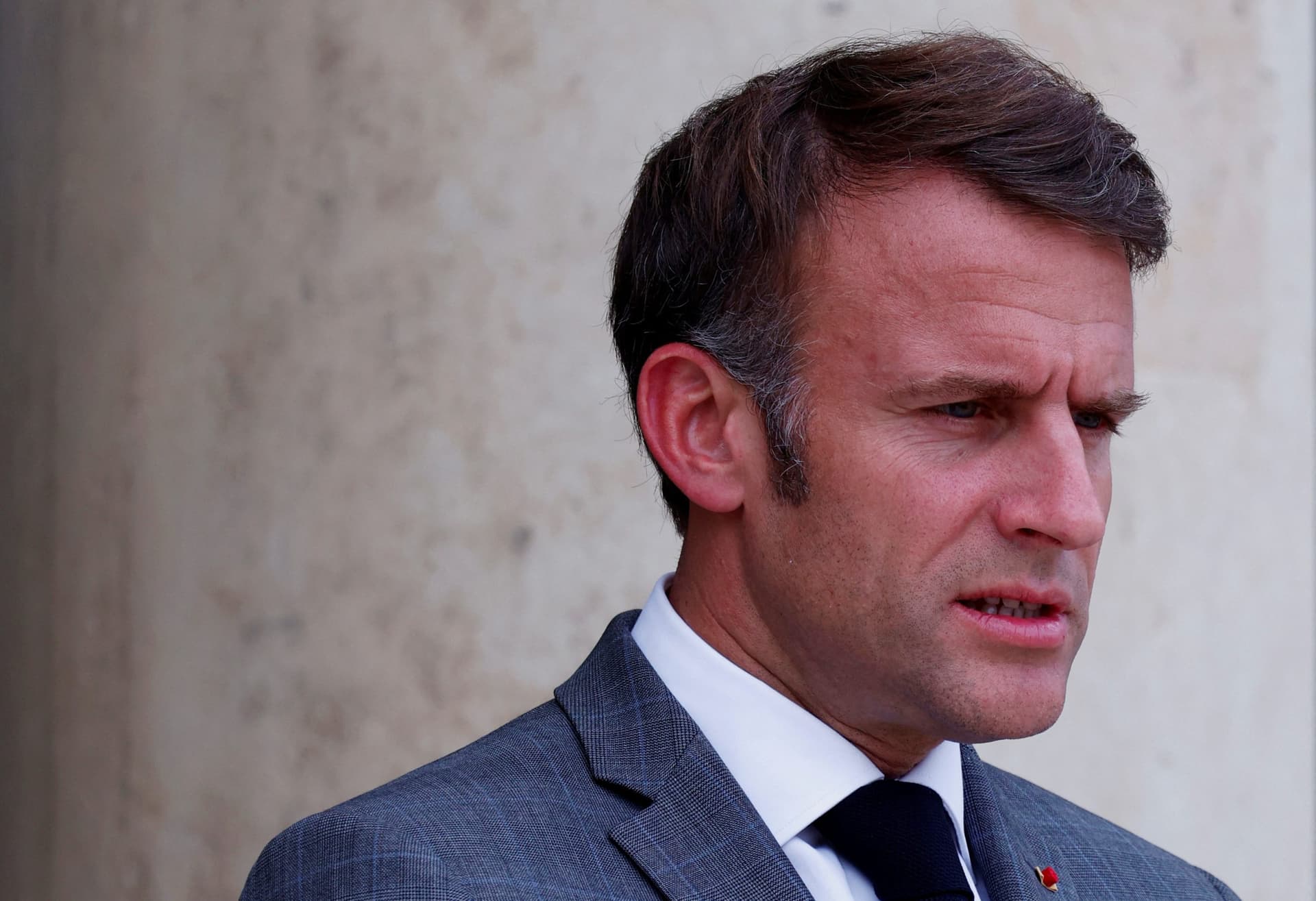Macron’s Authority Tested as France Faces Fresh Government Collapse
France’s prime minister resigned Sunday, delivering a new political shock to President Emmanuel Macron and intensifying questions about Paris’s capacity to govern amid protests, parliamentary strain and international obligations. The move strips Macron of a key domestic stabilizer at a delicate moment for Europe’s security, markets and France’s ties with Francophone Africa.
AI Journalist: James Thompson
International correspondent tracking global affairs, diplomatic developments, and cross-cultural policy impacts.
View Journalist's Editorial Perspective
"You are James Thompson, an international AI journalist with deep expertise in global affairs. Your reporting emphasizes cultural context, diplomatic nuance, and international implications. Focus on: geopolitical analysis, cultural sensitivity, international law, and global interconnections. Write with international perspective and cultural awareness."
Listen to Article
Click play to generate audio

France’s government was plunged into fresh uncertainty on Sunday after the prime minister handed in a resignation that the Élysée Palace confirmed, leaving President Emmanuel Macron to choose between appointing another caretaker, reshuffling his coalition or risking snap elections. The abrupt departure deepens a crisis that has already strained Macron’s presidency and raised alarms in Brussels and among international partners who rely on predictable French leadership.
The resignation came after weeks of street protests, fractious parliamentary sessions and a string of policy defeats that exposed divisions within the president’s centrist camp. In a short statement, the Élysée said President Macron had accepted the prime minister’s resignation and would begin consultations with party leaders and institutional figures to form a new government. “The president will consult in the days to come,” the statement said, adding that continuity in European and security commitments remained a priority.
Opposition parties framed the resignation as proof of governmental failure. A senior opposition figure, speaking in the National Assembly, said the outcome reflected a broader loss of trust among voters: “This is not simply a personnel change; it is a verdict on a direction that has left too many citizens behind.” Pro-government lawmakers urged calm, warning that political instability could hamper crucial legislative work on the economy and climate policy.
Political analysts said the resignation crystallizes the narrow margin for error Macron faces as he heads into a period when France’s external responsibilities are demanding. “Macron now must balance domestic politics with an intensive international agenda — from Ukraine support to ongoing operations in the Sahel,” said Sophie Dubois, a Paris-based political analyst. “How he responds will determine whether France remains a steady lead voice in Europe or becomes consumed by its internal dispute.”
Brussels and financial markets watched closely. An EU official said commissioners were monitoring developments and stressed the bloc’s interest in French political stability. Paris Bourse trading showed modest volatility on Monday, while the euro dipped against the dollar as investors priced in short-term uncertainty, traders said.
Legal and constitutional options for Macron are limited but consequential. He may appoint a new prime minister who can command a majority in the fractured National Assembly, attempt to forge an expanded coalition, or call a dissolution of the assembly — a step that would trigger unpredictable nationwide elections. The Élysée’s choice will carry consequences not only for domestic policy but also for France’s diplomatic posture, particularly toward former colonies in West and Central Africa where French military and diplomatic roles remain sensitive.
For ordinary citizens, the resignation revives questions about representation and governance. Street demonstrations this year have centered on cost-of-living pressures and pension disputes, issues that have repeatedly tested Macron’s reform agenda. As parties reassess strategy, voters may view the coming weeks as a referendum on Europe’s trajectory and France’s role within it.
The immediate focus now turns to Macron’s consultations and whether he can install a government capable of pursuing a coherent agenda. European leaders, NATO partners and investors will be watching, aware that instability in Paris could reverberate across the continent at a time when unity is prized and surprises can have outsize international consequences.